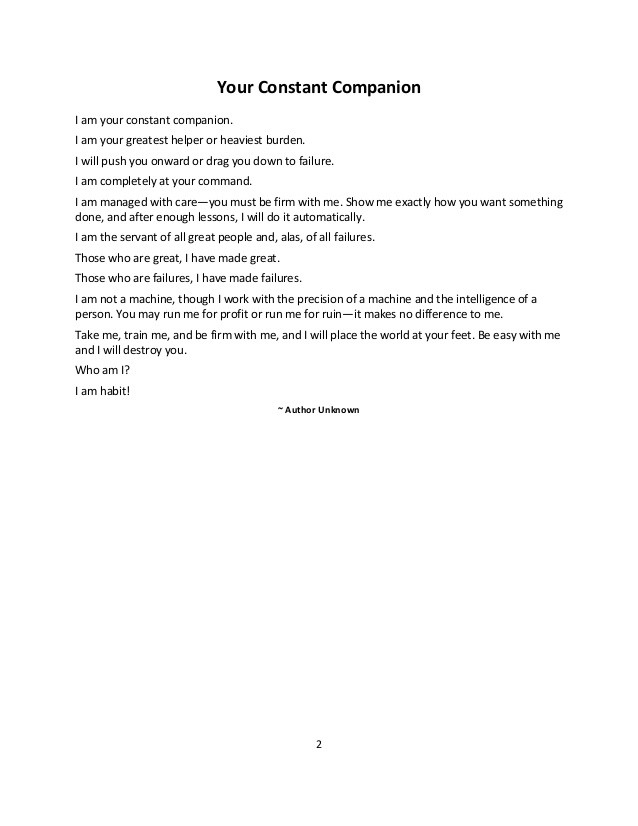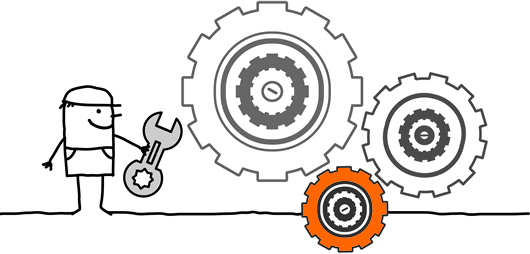Personality Its Role in Mechanical Forex Trading
Post on: 17 Апрель, 2015 No Comment

Trading in the FX market using mechanical trading strategies
Personality. Its Role in Mechanical Forex Trading
Another one of the most common pieces of advice on the internet for new traders is choose a system that goes with your personality. This is perhaps one of the most misleading and hollow pieces of common trading knowledge as it gives a lot of room to misinterpretation and simply confuses people who are new to the trading arena. What does it mean to choose a system that matches your personality. Would you choose an outgoing system. Perhaps a shy system. Or a system that likes to take long walks on the beach. To make things clear- there are only two types of systems- profitable and unprofitable ones. On todays post I will talk about the confusion regarding personality in trading, what personality is, the choosing of a long term profitable trading system and why the main role is played by simple definite personal preferences such as risk aversion.
What constitutes personality. What does personality even mean. This concept can be defined as the totality of the qualities and traits an individual has. Your personality is therefore composed of all those little things that make you you and differentiate you from other individuals around you. Your set of traits and qualities are unique, a combination that depends on both your genetics and experiences, something that is never shared completely, not even amongst genetically identical twins raised within the same home.
What does this have to do with trading. The interpretation most people give to the idea that the system you use must match your personality is that the system you use must fit whatever you feel comfortable trading. If you feel that short term trades are awesome and you like to be on the market 24/7, then you should choose a system that does this, if you like to trade only once a week, then you need to choose a system that does that. This is nonsense.
The first thing a trader should be concerned about is NOT matching a system that trades what he or she feels comfortable with mainly because new traders brace yourselves have absolutely no experience and therefore what they like in the beginning of their trading career should be irrelevant. The first concern new traders should have is trading a system that has a positive statistical edge, a.k.a a long term profitable system. The most important thing to begin with is to trade something that has a high like hood of generating profits since this is what trading is all about.
Many traders fall short of finding profitable systems because they turn to find systems that fit what they liked to do the most when they started trading or what they feel will bring the most money. Following the search for systems that fit a beginning traders personality is in part what leads to the creation of systems with very unsound trading tactics, systems with huge risk to reward ratios, martingales, etc.
Of course, not everyone feels comfortable trading the same systems and this is when the roles of a traders preferences become important. However personality in trading has a much smaller role than what most people would like to believe. I have found that a traders personality can most of the time be reduced to their risk aversion. In reality we all want to trade almost the exact same thing, we would all like a system that trades a lot, makes profit almost all the time and rarely if ever- losses. However the fact that such a system doesnt exist makes us draw a compromise between what we can achieve with mechanical strategies and what we would want to achieve.

There is no free lunch in trading and the compromises we make away from our ideal system choice is where our personality comes into play. Someone might be comfortable trading a system with a 50% average compounded yearly profit and a 30% maximum draw down while this level of capital loss might be unbearable from a psychological stand point for another trader using the same system. He or she then decides to lower the profit to 25% which also lowers the draw down to 15%, a compromise made because the different personalities go different ways. In another example a trader might decide to trade a system portfolio on one single currency pair with a 40% average compounded yearly profit and a 20% maximum draw down while another trader might choose to trade a portfolio on a basket of currencies with a 40% average compounded yearly profit and a 35% maximum draw down because the sense of robustness and diversification means more to the second trader than to the first (even if it comes with an increase in overall draw down).
In trading the role of personality is to determine the compromises made away from the ideal system setup we would ALL want to trade. Some people mights prefer less profitable but more robust portfolio setups while others might prefer more risk with higher profits. Certain traders might choose a portfolio with a high trading frequency with a much higher trading cost and broker dependency and a higher average yearly profit while others might prefer a low frequency portfolio with a low cost and a lower overall profitability. In general the compromises we make between profit, draw down, diversification and robustness determine what we will be trading and this depends on our personality. Personality comes into play when there are many possible approaches with similar results, a place where a trader can choose what compromises he or she feels more comfortable with.
In summary, things are pretty simple, find a strategy which has a high like hood of being profitable in the long term which fits the compromises you would be willing to make away from your ideal system setup. What is more important to you. Profit, capital preservation, long term stability. Answering these questions will be vital for your selection of a system that fits your needs. However ALWAYS remember that evaluation and statistical information is the MOST important, personality only comes into play AFTER you have a long term profitable system or portfolio.
If you would like to learn more about long term profitability using mechanical trading strategies and how you too can learn to build and use systems that have a high like hood of succeeding in the long term please consider joining Asirikuy.com, a website filled with educational videos, trading systems, development and a sound, honest and transparent approach to automated trading in general. I hope you enjoyed this article. o)














